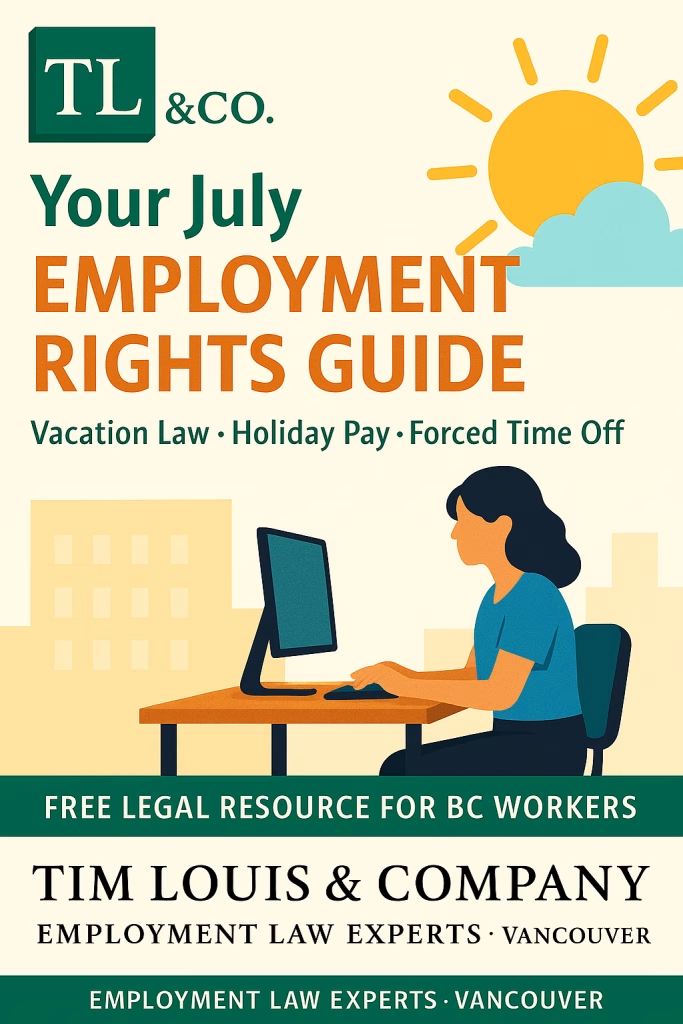
LTD Surveillance in BC
“Why do I feel watched?” LTD Surveillance in BC — What’s legal, what’s not, and how to protect yourself By Tim Louis, Long-Term Disability Lawyer, Vancouver If you’re on long-term disability and you’ve caught yourself glancing at a parked car a little too long, you’re not overreacting. Feeling watched can













